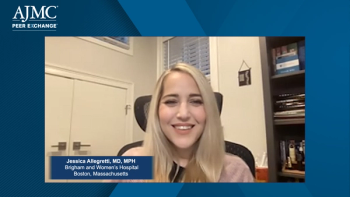
A focused discussion on the barriers to fecal microbiota transplant for patients with clostridium difficile infection.

A focused discussion on the barriers to fecal microbiota transplant for patients with clostridium difficile infection.
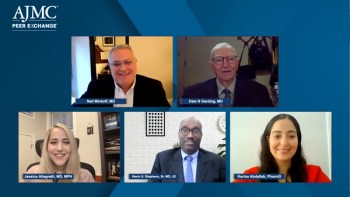
Experts focus on the current state of fecal microbiota transplant as a treatment option for clostridium difficile infection.
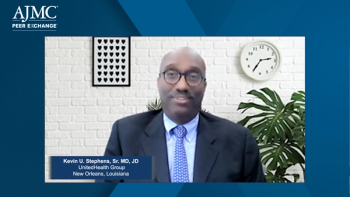
Panelists take a step back to consider the broader challenges in managing patients with clostridium difficile infection.
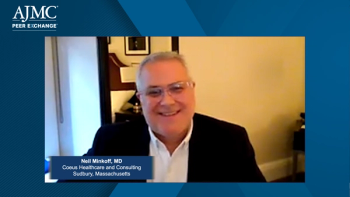
Payer participants consider how they proactively risk stratify patients for clostridium difficile infection recurrence.

An overview on how the cost of therapy for recurrent clostridium difficile infection may impact treatment planning.

Focused discussion on the use of fidaxomicin for clostridium difficile infection, and possible barriers to the selection of this agent.

Payer participants break down how coverage criteria are determined for treatments for clostridium difficile infection.

Experts focus on recurrent clostridium difficile infection to define risk factors and discuss impact on patient outcomes.

Opening their discussion, panelists elucidate patient factors that may impact risk of developing clostridium difficile infection.
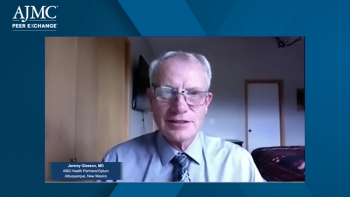
Take-aways from a discussion on the management of cold agglutinin disease, with expert insight on navigating the healthcare system to optimize patient care.
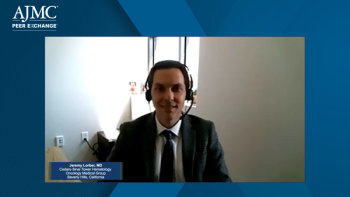
Considerations regarding where newer, novel complement therapies will likely fit into the treatment landscape for patients with cold agglutinin disease.

Payers debate criteria for coverage of novel targeted therapies under investigation as use as novel complement therapy for cold agglutinin disease.
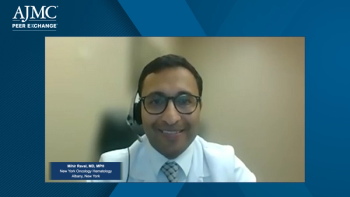
During a discussion on the next frontier of medicine for cold agglutinin disease, stakeholders react to the rationale for studying newer, novel complement-targeted therapies.

Payers react to gaps that impact coverage decisions for therapies available off-label for cold agglutinin disease.

Clinicians comment on their approaches when treating patients with cold agglutinin disease with an anti–B-cell therapy.

Criteria that support coverage decisions for anti–B-cell therapies for cold agglutinin disease, which are not currently FDA approved.

The rationale for treating patients with cold agglutinin disease with anti–B-cell therapies such as rituximab, bortezomib, or daratumumab based on supporting data.
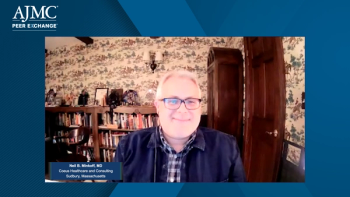
An overview of the roles of plasmapheresis, IVIG, transfusions, and corticosteroids as treatment for patients with cold agglutinin disease.

Special considerations educating health care professionals and patients about lifestyle interventions and cold avoidance for cold agglutinin disease.

A panel of clinicians and payers highlight challenges that impact the treatment of a rare autoimmune hemolytic anemia, cold agglutinin disease.

Payer considerations regarding the measurement of treatment outcomes for patients with cold agglutinin disease, and resources available to help support patients through their care continuum.

Clinicians offer their perspectives on establishing treatment goals for patients with cold agglutinin disease and describe how they measure treatment response.

Diagnostic criteria used by health care professionals who manage patients with autoimmune hemolytic anemias to help distinguish cold agglutinin disease from other medical conditions.

Payers comment on main drivers of health care utilization among patients with cold agglutinin disease.

Health care professionals who treat patients with cold agglutinin disease, a rare autoimmune hemolytic anemia, comment on symptoms that make the condition difficult to diagnose and remark on the burden on patients.

Mihir Raval, MD, MPH, comments on the difference between cold agglutinin disease and other autoimmune hemolytic anemias.

Jeremy Lorber, MD, explains what is known about the pathophysiology of a rare autoimmune hemolytic anemia, cold agglutinin disease.
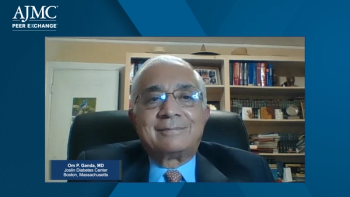
Jeffrey Turner, MD; Nihar R. Desai, MD, MPH; and Om P. Ganda, MD, provide closing thoughts on the future of cardiorenal metabolic syndrome management.
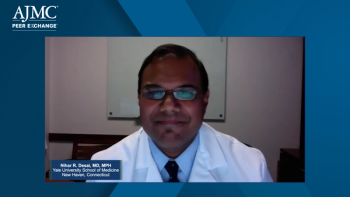
Expert physicians discuss the underutilization of SGLT2 inhibitors and strategies to improve uptake in patients with cardiorenal metabolic syndrome.
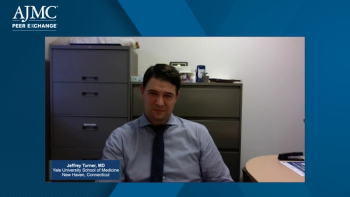
Neil Minkoff, MD, and Nihar R. Desai, MD, MPH, provide insight into quality measures to incentivize value-based care in cardiorenal metabolic syndrome.

259 Prospect Plains Rd, Bldg H
Cranbury, NJ 08512
© 2025 MJH Life Sciences®
All rights reserved.
